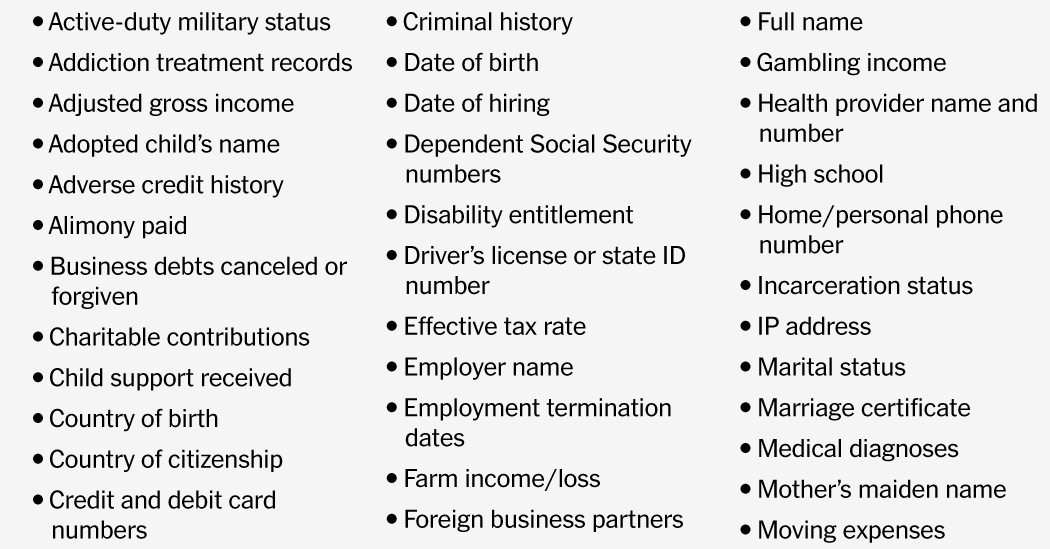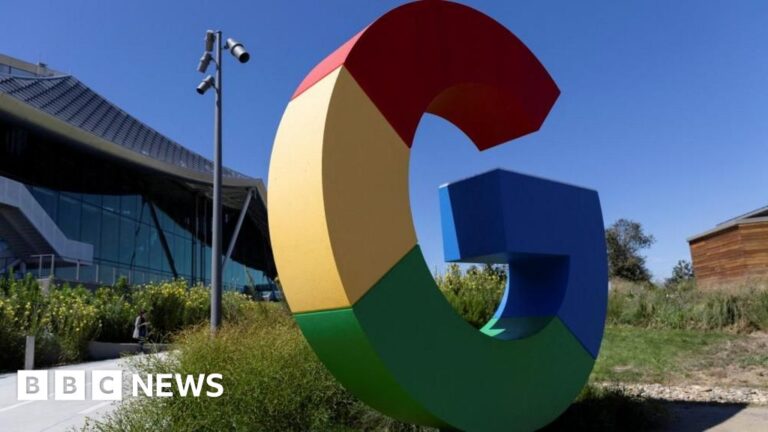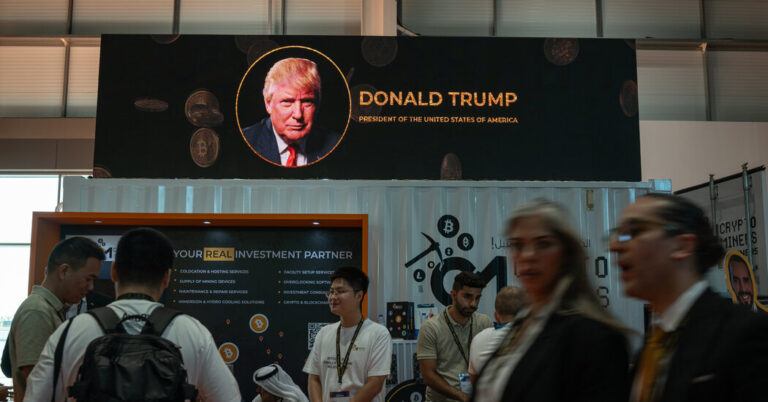Privacy advocates say that all this data could enable the government to punish its political opponents by weaponizing information about an individual’s personal life (bankruptcies, criminal histories, medical claims) or halting the benefits they receive (housing vouchers, retirement checks, food assistance).
They have not demonstrated a single case in which fraud detection has required some universal governmental access to everybody’s data, said Representative Jamie Raskin, Democrat of Maryland.
That is how personal data is tracked and used in authoritarian states, Mr. Raskin added.
Both Russia and China stockpile data on their citizens to track opponents and squash dissent of the ruling party in government.
Waste, fraud and abuse have been deeply entrenched in our broken system for far too long, said the White House spokesman Harrison Fields.
It takes direct access to the system to identify and fix it.
Technologists warn that trying to match complex data sets to make decisions about government programs could produce rampant errors and real-world harm.
A large collection of data about American citizens would be an enticing target for enemy nation states, hackers and cybercriminals.
Private companies and data brokers that buy and sell data know plenty about Americans, too.
This gets to a fundamental point about privacy: It is not just the question of, Does anyone else in the world know this about me?
It is a question of who knows this about me, and what can they lawfully — or as a practical matter — do with that information?
Source link




